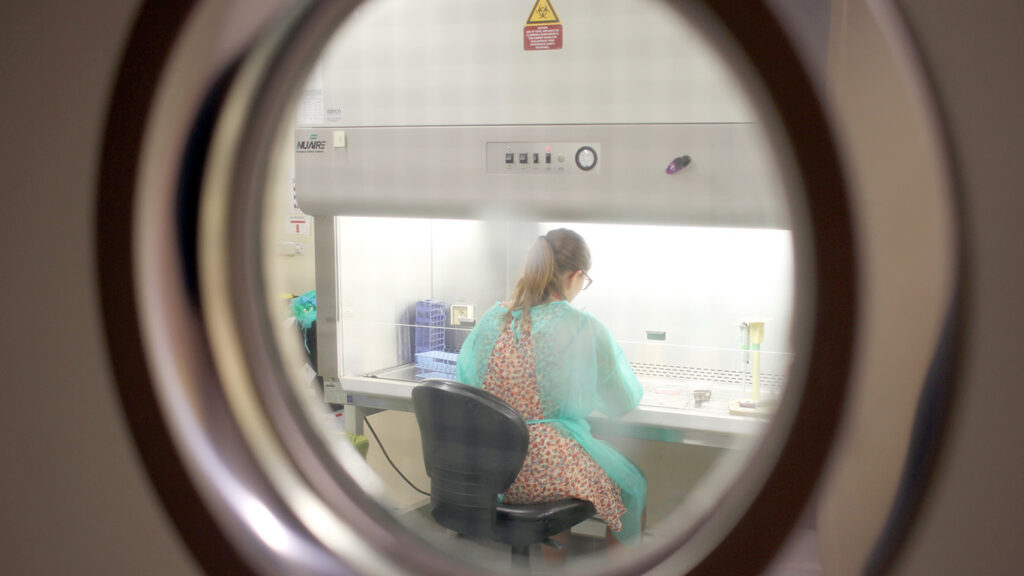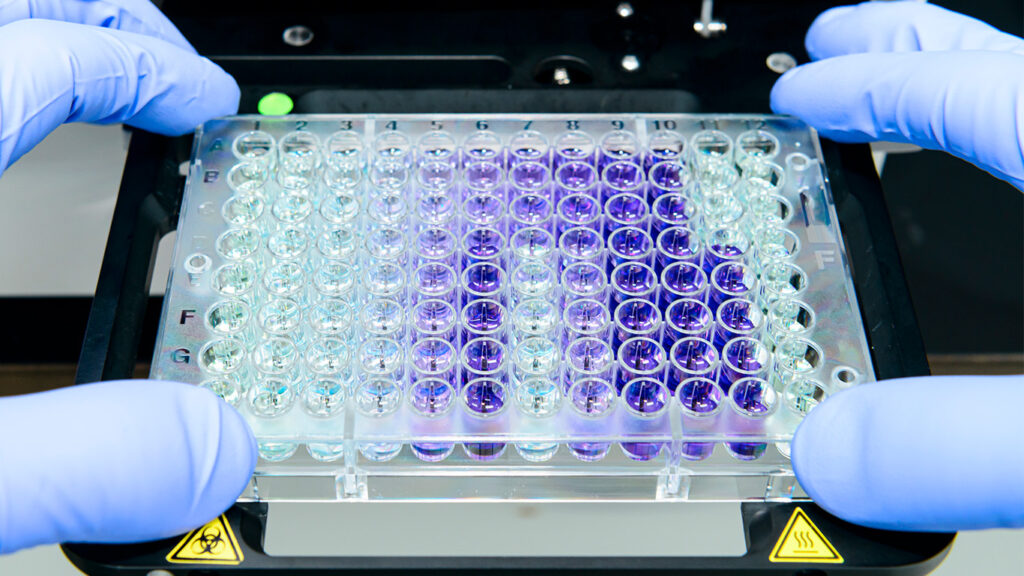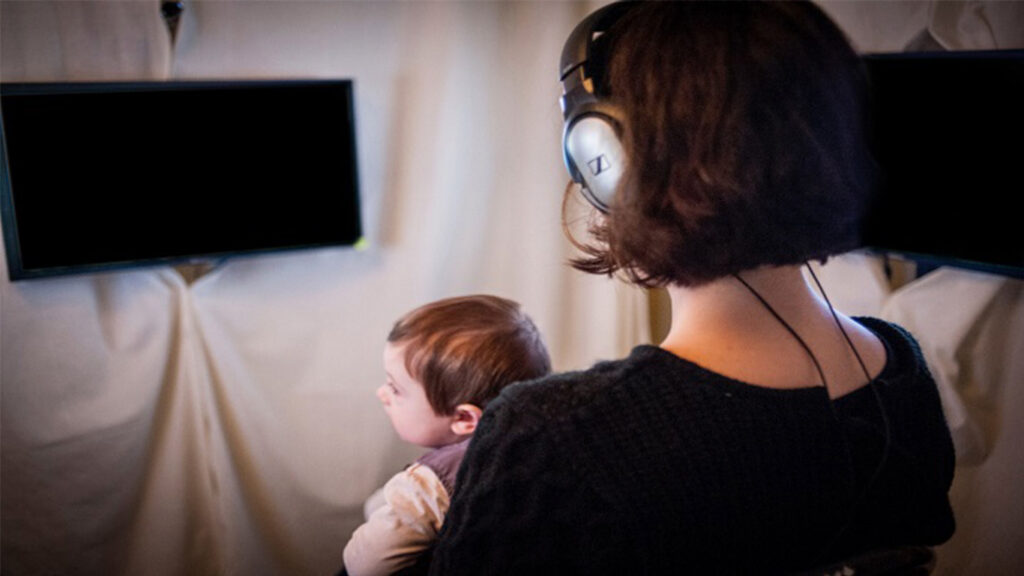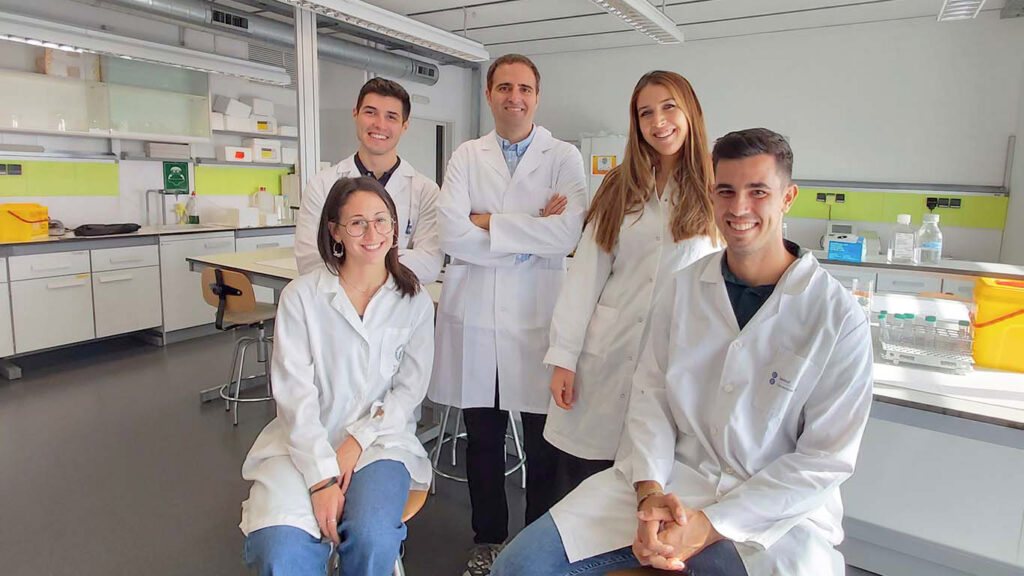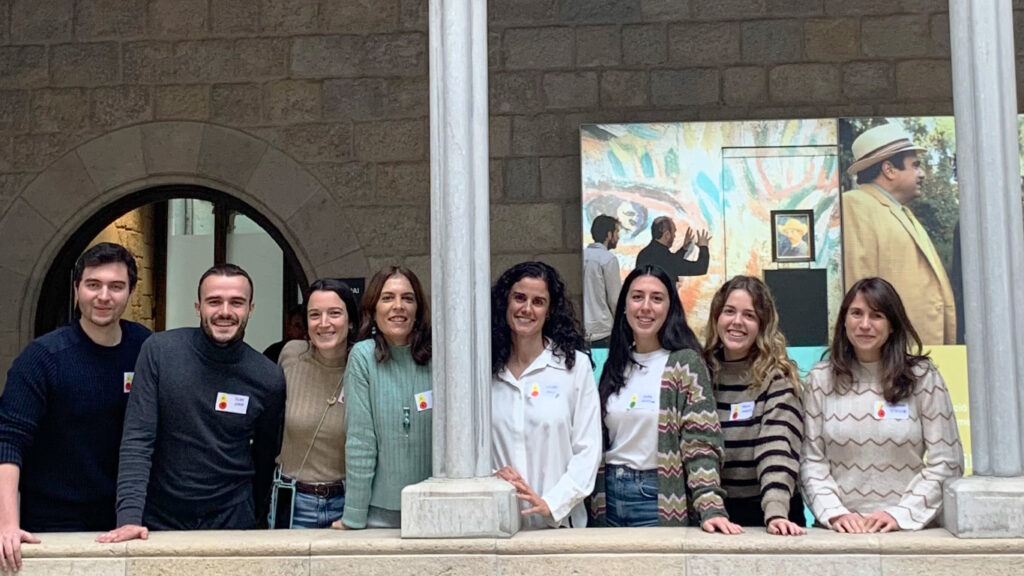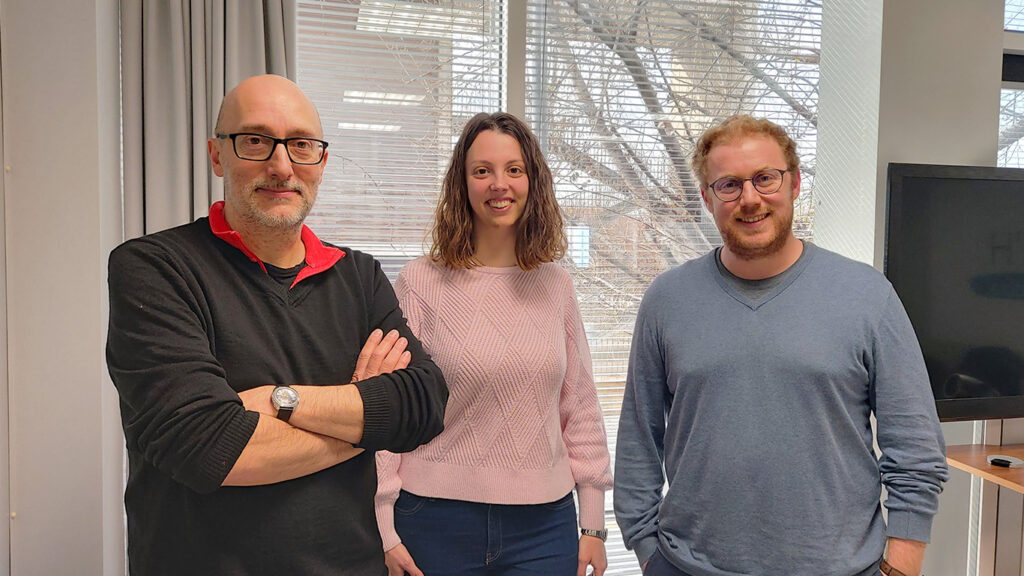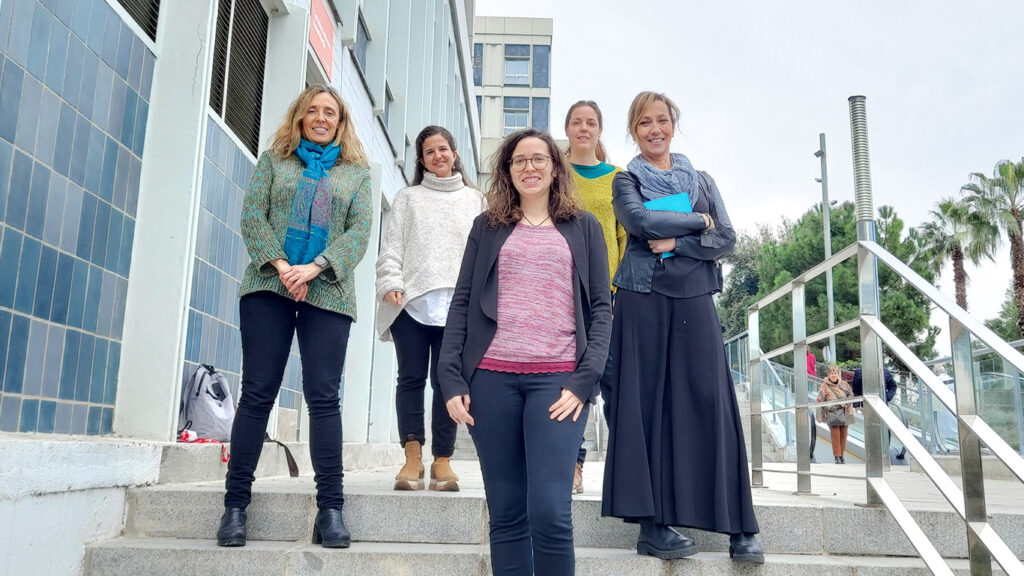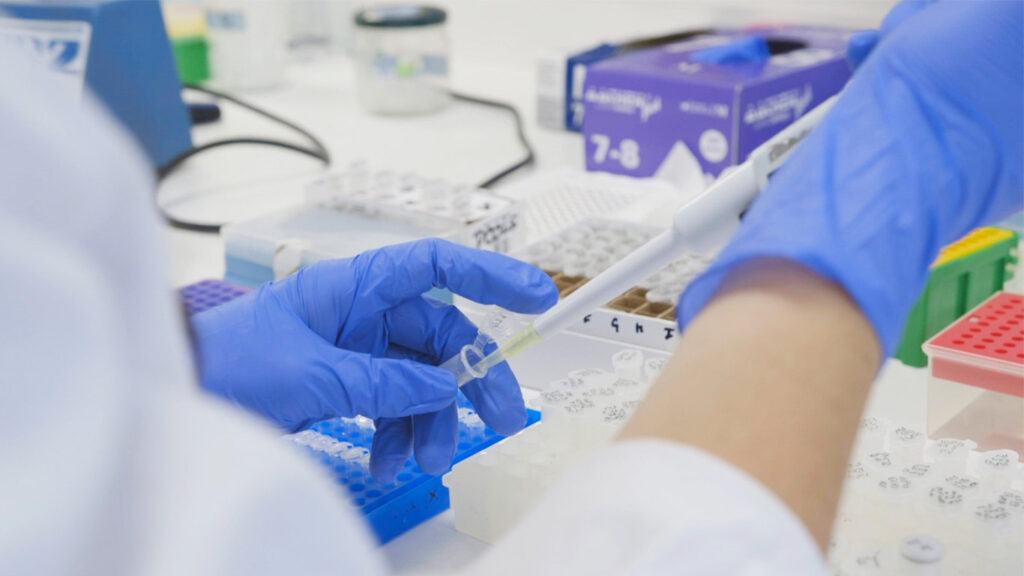EATRIS Appoints IDIBELL as an Expert Centre
The appointment enables the institutions to offer high-value-added services that were previously provided by EATRIS Coordination and Support. The services include regulatory support, innovation management, and translational feasibility support, and complement existing laboratory research services.
EATRIS Appoints IDIBELL as an Expert Centre Read More »

